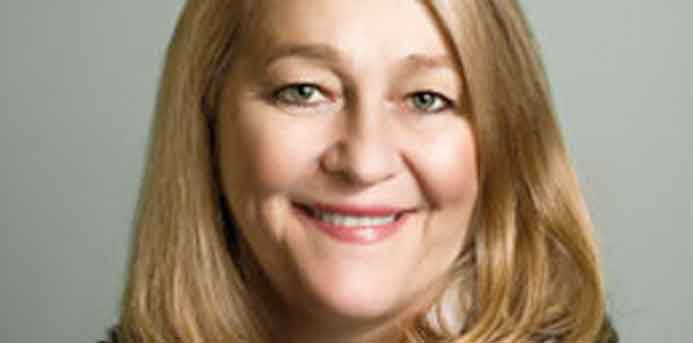For nearly a century, Planned Parenthood has played a powerful role in women’s reproductive health.
Close to 5 million people annually get sexual and reproductive health care, as well as education, through the organization. And while the organization has always had detractors, it wasn’t until recently that the organization faced larger partisan attacks, including threats of complete defunding—something that from a fiscal perspective is confusing to Planned Parenthood Illinois’ CEO, Carole Brite.
“Not only do we provide cost-effective service,” she says, “we’re a very efficient provider as well. For every dollar that’s invested in family planning, nearly 4 dollars are saved in Medicaid-related costs in the first year of a woman’s pregnancy alone.”
PPIL’s programming and services are critical, especially in Cook County, where the chlamydia rate tops the national charts. What’s more, the county’s rate of gonorrhea ranks second in the country, andthe rate of syphilis ranks third. “It’s all important,” Brite says. “For young people, it’s particularly important that they get tested. As part of that same visit, we are also providing comprehensive education about STD prevention and treatment. We are also constantly advocating to protect access to reproductive health care and ensure that all teens receive the comprehensive sex education they need to stay healthy and safe.”
Brite is passionate about PPIL’s comprehensive approach toward girls’ and women’s health. While the organization is often lassoed in the press to its abortion services, “We’re so much more than that. The power to choose when and if to have children is a fundamental right of women.” To support this goal, she says contraceptive counseling is a very important service that’s offered, and PPIL is actively promoting long-acting reversible contraception.
When Planned Parenthood’s funding from the Susan G. Komen for the Cure Foundation for breast screenings was surreptitiously cut last year, Brite was taken aback.
“I was astounded at how loud women’s voices were during the Komen crisis,” she says. “Women really rose up and said ‘No, this is not going to happen. We are not going to politicize breast cancer.’” Brite is pleased with the outcome—the reversal of Komen’s decision.
“Planned Parenthood hoped Komen would reverse their decision and we look forward to working with them—to have two critical women’s health organizationsworkingt oward the same goal, the early detection and prevention of breast cancer,” Brite says.
Educating girls about their own reproductive health is an important, but sometimes awkward, step in empowering their future. Brite points out that parents remain the go-to source for girls.
“The first step is for parents to talk to their girls,” she says. “I’m a mom as well, and the first time or two is not always comfortable.” But, she adds, there is a wealth of material available online to assist in getting the conversation going.
“Those chats are going to make our girls feel empowered because they’ll have that knowledge to make their own good decisions down the road.”
She also recommends to keep that conversation going, especially in the face of the myths your child is sure to encounter. “Continue to talk as she grows older. The questions are going to change but you are the one she is going to look to for the right information.”

